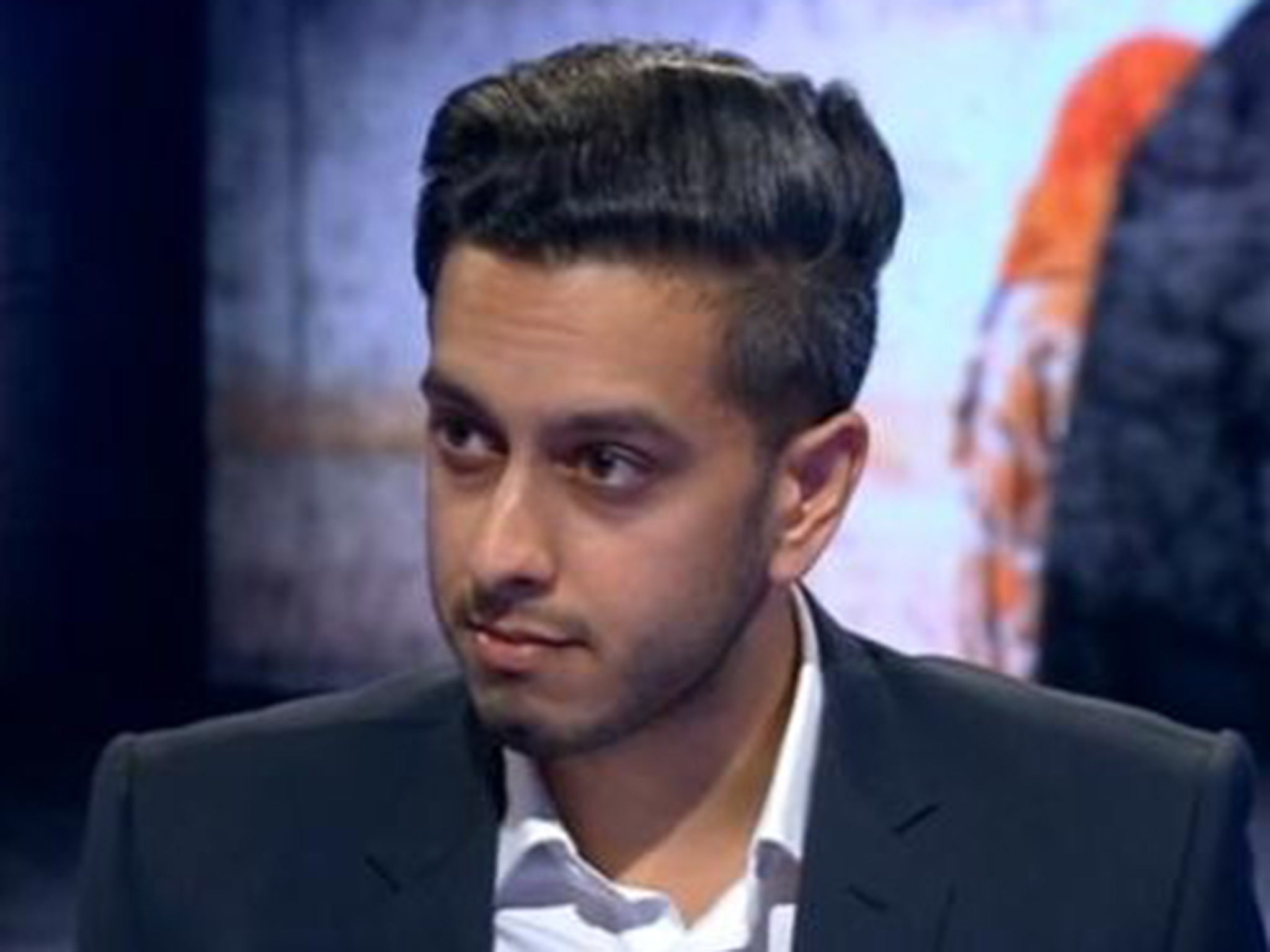Terror police ask journalists to think twice about contacting jihadis
BBC Newsnight reporter Secunder Kermani had his laptop seized by police under the Terrorism Act

Anti-terrorist police are seeking to dissuade journalists from making contact with jihadists for fear that criminal investigations might be jeopardised and media organisations become the targets of terror attack.
The Independent revealed how police had seized the laptop of BBC Newsnight reporter Secunder Kermani after applying to a judge for an order under the Terrorism Act 2000. The journalist had built a reputation for making contact with Western jihadists and conducting interviews with them online.
The incident is one of a series of attempts by police to obtain material from news organisations in what the leading media lawyer Gavin Millar, QC, described as having a “chilling effect” on the reporting of radicalisation. Academic organisations are also at risk of similar orders and senior figures from the International Centre for the Study of Radicalisation at King’s College, London, which has a large database of jihadists, have been talks over their response.
The growing tension has been sparked by fears from officers that journalists working undercover to expose radicals were undermining police investigations. Concerns were heightened after media reports in the summer of a jihadi plot to blow up the Queen at a VJ Day commemoration in London.
The Independent understands that in recent months media organisations have been asked to think twice about launching investigations into UK jihadis.
Officers are also concerned that undercover journalists, lacking the expertise of the security services, could place their organisations at risk of reprisal attacks, placing further strain on police resourcing. Bob Satchwell, executive director of the Society of Editors, said: “No one in journalism wants to put anyone’s lives at risk but journalists must be allowed to do their job with impunity.” Jo Glanville, director of the campaign group English PEN, said police use of the Terrorism Act to seize materials from journalists “undermines press freedom”.
Mr Kermani’s reports have not involved working undercover and the order to obtain his laptop did not concern a secret source. In a tweet, he said: “Thank you everyone for your messages of support and solidarity.” The operation was conducted by the South East Counter Terrorism Unit (SECTU). In a statement, SECTU noted that the BBC had not sought to oppose the order in court. “In order to obtain a court order, officers would have to satisfy the Crown Court that there were sufficient grounds to justify the issue of a Production Order under the Terrorism Act,” it said. “Police have since returned the laptop.”
The BBC was unhappy about the order but the Terrorism Act offers news organisations little defence under the Human Rights Act. In a statement to The Independent, Ian Katz, editor of Newsnight, said: “While we would not seek to obstruct any investigation, we are concerned that the use of the Terrorism Act to obtain communication between journalists and sources will make it very difficult for reporters to cover this issue of critical public interest.”
Subscribe to Independent Premium to bookmark this article
Want to bookmark your favourite articles and stories to read or reference later? Start your Independent Premium subscription today.

Join our commenting forum
Join thought-provoking conversations, follow other Independent readers and see their replies